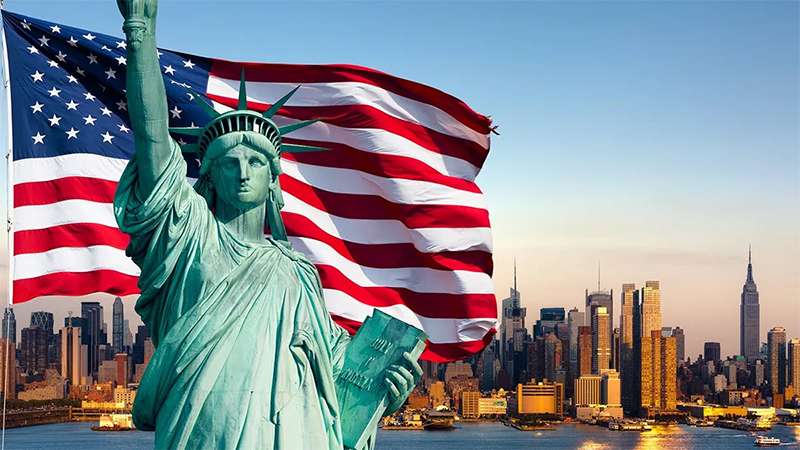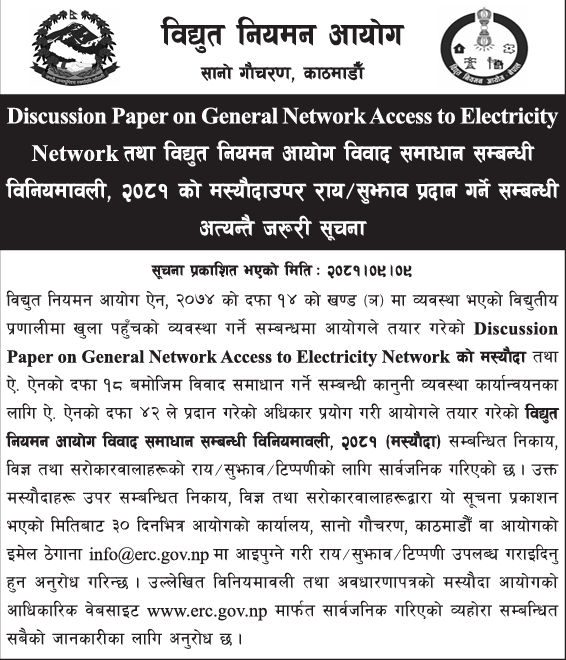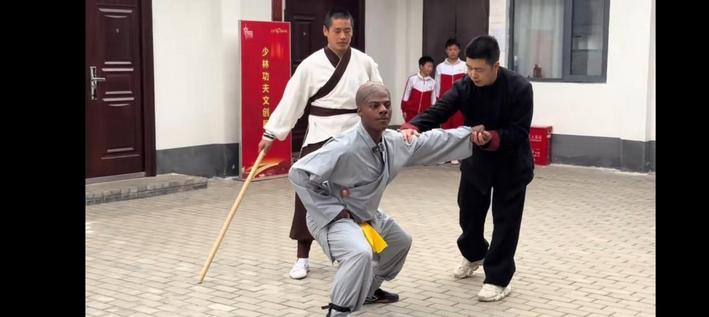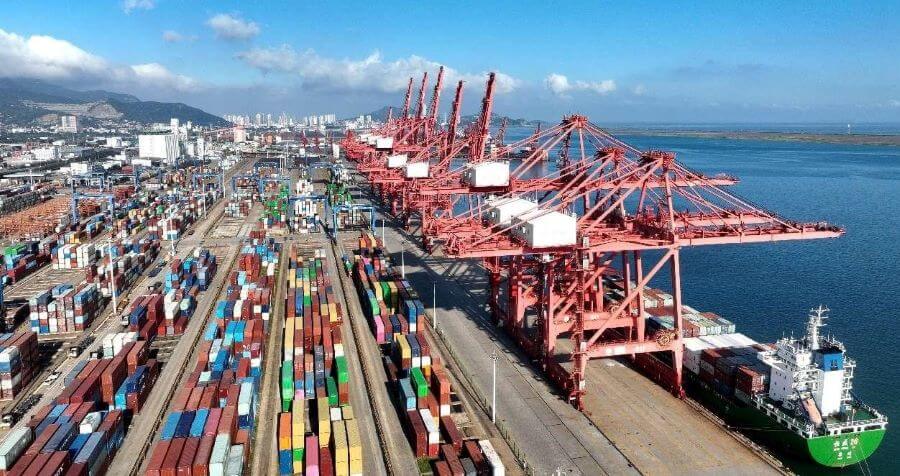U.S. tariff abuse: self-inflicted sabotage of multilateral trading system

Agency: At a ceremony commemorating the 30th anniversary of the World Trade Organization (WTO) on April 10, participants from around the world converged to pronounce a stark verdict: the rule-based multilateral trading system with the WTO at its core is under growing strains and must be defended against mounting unilateral tariffs and rampant uncertainties - much of it stemming from U.S. trade actions.
The U.S. aggressive abuse of tariffs has sparked sharp criticism worldwide. It is widely believed that the U.S. is flouting WTO rules by weaponizing tariffs as a tool of extreme pressure for selfish gain, which severely undermines the rule-based multilateral trading system and poses a grave threat to the stability of the global economic order.
For decades, America stood as a principal architect and indisputable beneficiary of the rules-based global trade order. Yet in recent years, the U.S. government has transitioned from guardian to saboteur.
In a recent article titled "America's Big Trade Win," WTO Director-General Ngozi Okonjo-Iweala revealed a data-driven reality that Washington deliberately ignores: the U.S. is a clear winner in global trade, particularly, in the booming sector of trade in services. The country consistently posts surpluses in services trade, rakes in billions of intellectual property royalties and licensing fees, and remains a magnet for global capital flows. These streams of revenue are central pillars of U.S. economic strength, fueling growth, innovation, and global influence. So, the claim that the U.S. is being "ripped off" is unfounded.
In recent years, the U.S. has increasingly indulged in unilateralism and protectionism, arbitrarily wielding tariffs and trampling on international rules with its bullying practices.
The consequences are already becoming visible. WTO estimates that the new tariff measures, coupled with those introduced since the beginning of the year, could lead to an overall contraction of around 1 percent in global merchandise trade volumes in 2025, which represents a drop of nearly four percentage points from previous projections. The International Monetary Fund also cautioned that the tariff measures "clearly represent a significant risk" to global growth at a time when economic momentum remains weak.
More importantly, the U.S. growing reliance on "tariff blackmail" runs counter to the shared interests of the international community, and more seriously, places a disproportionate burden on vulnerable economies and the least developed countries.
For a long time, the rule-based multilateral trading system with the WTO at its core has provided open, stable, and predictable institutional guarantees for countries - especially developing nations - to participate in economic globalization on more equitable terms and achieve common development. Its erosion risks widening the global development gap.
UNCTAD Secretary-General Rebeca Grynspan noted that the trade turbulence "hurts the vulnerable and the poor." The New York Times reported that imposing high tariffs on the least developed countries illustrates the stupidity and cruelty of the U.S. new trade policy.
A rule-based multilateral trading system is more than a framework for global economic order - it is a cornerstone of global stability. History offers a stark warning: in the 1930s, the U.S. Smoot–Hawley Tariff Act ignited a global trade war that plunged the world economy into the mire of the Great Depression. Nearly a century later, the echoes are unsettlingly familiar.
As the U.S. once again turns to tariffs as a policy tool, the international community faces a critical juncture. The time has come to unite in defense of the international system with the UN at its core and the multilateral trading system with the WTO at its center.
In recent days, a chorus of criticism has grown louder as countries and regions across the globe are increasingly condemning the U.S. for its escalating use of unilateral tariffs. They argue the U.S. tariff measures not only disrupt international trade order but also destabilize global industrial and supply chains, putting at risk the livelihoods of producers and consumers worldwide - including those in the United States.
These voices have exposed the hypocrisy of so-called "fair trade" preached by the U.S. while underscoring the global consensus on the need to defend multilateralism and uphold principles of fairness and justice.
As a responsible major country, China has always been a staunch defender of the multilateral trading system. China has consistently maintained that there is no winner in trade and tariff wars. China does not want to fight trade and tariff wars, but will not flinch when a trade and tariff war comes. It will never sit idly by and watch while the legitimate rights and interests of the Chinese people are infringed, nor will it sit idly by as international trade rules and the multilateral trading system are undermined.
China stands ready to work with all countries to uphold true multilateralism, effectively safeguard the multilateral trading system, build an open world economy, and inject greater certainty and stability into global development.
-By Zhong Sheng, People's Daily














प्रतिकृया दिनुहोस